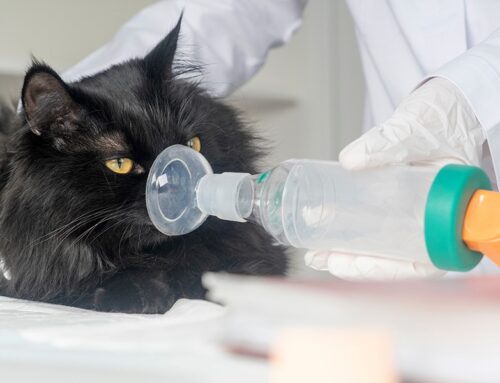When it comes to deciding whether to neuter your pet, the answer varies depending on the type of pet you have.
Cats
For cats, the answer is a resounding YES. Neutering, which includes spaying for females and castration for males, is highly recommended. This helps reduce unwanted behaviours such as fighting, spraying, and the spread of diseases. Neutering female cats also eliminates the risk of unplanned pregnancies. While traditionally recommended at 6 months of age, it’s now considered safe to neuter kittens as early as 4 months, as this is when many kittens reach sexual maturity.
Dogs
Neutering dogs is a bit more nuanced. There are both pros and cons, and the decision isn’t one-size-fits-all for our furry friends.
Why Neuter Your Dog?
The primary reason to neuter your dog is to control the population of unwanted dogs. Shelters are currently overwhelmed, and preventing unplanned pregnancies is crucial. Contrary to popular belief, there’s no evidence to support the idea that having a litter is beneficial for dogs. “Backyard” breeding contributes significantly to overpopulation and can lead to health issues due to lack of genetic testing.
Additional Benefits of Neutering Dogs
For Male Dogs
- Removes the risk of testicular cancer
- Prevents benign prostatic hyperplasia and prostate infections
- Reduces the risk of certain hernias and masses around the anus
For Female Dogs
- Reduces the risk of mammary cancer, especially if neutered before the first heat
- Prevents a serious and potentially fatal condition called pyometra (womb infection)
- Eliminates bloody discharge and unwanted male attention every six months
When to Neuter Your Dog?
The timing of neutering depends on breed and size:
- Small breed male dogs (<10 kg) and small/medium breed female dogs (<20 kg) can be neutered at 6 months.
- Medium breed male dogs (>10 kg) and larger female dogs (>20 kg) should wait until >12 months.
- Giant breeds like Great Danes should typically wait until they’re over 2 years old.
For female dogs, it’s important to wait 3-4 months after their last heat before surgery to avoid complications.
Considerations and Post-Neutering Care
While neutering is generally beneficial, it’s not suitable for all dogs. Dogs showing significant anxiety or fear aggression might not be good candidates due to hormonal influences on behaviour.
Weight gain is a common issue after neutering due to reduced energy requirements and increased appetite. Monitoring your pet’s weight post-neutering is crucial to prevent health problems like osteoarthritis.
Other Neutering Options
Apart from surgical neutering, there’s chemical neutering using implants, which can last from 6 to 15 months. This method is suitable for male dogs at any time and for female dogs between 12-16 weeks to delay their first heat.
Final Thoughts
The decision to neuter your pet isn’t one to take lightly. Consult with us to discuss the best approach for your cat or dog. We’re here to help you make the right choice for your beloved companion. Remember, there’s no one-size-fits-all rule when it comes to pet neutering!



